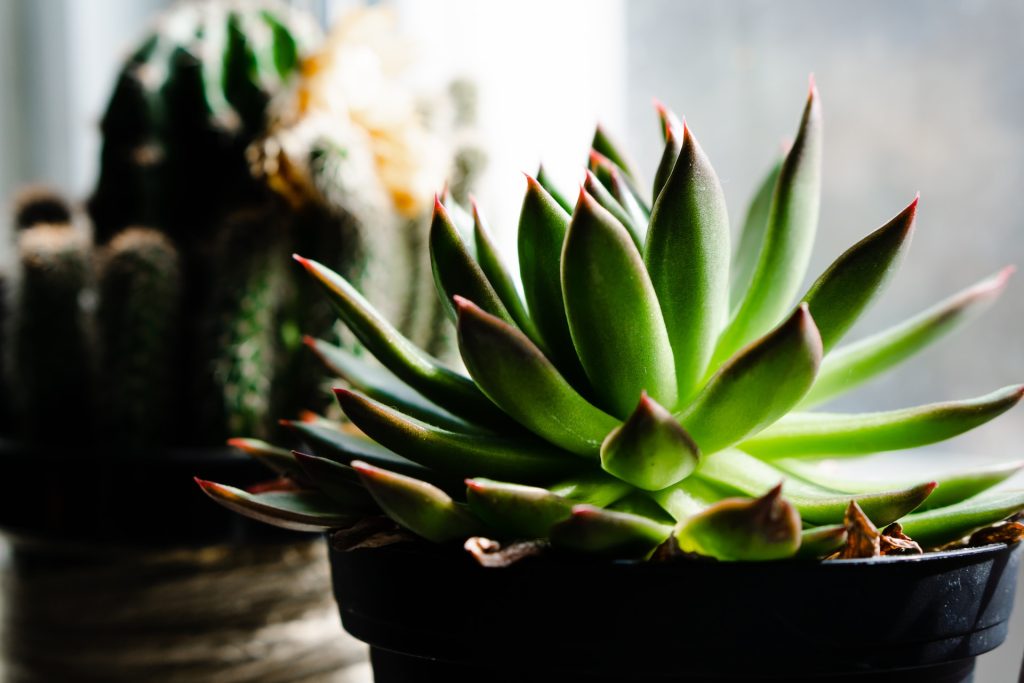In our increasingly urbanised lifestyles, nature often feels like a distant luxury. However, the introduction of indoor plants into our homes provides not only a touch of verdant beauty but also myriad health benefits. This guide takes you through the wonders of houseplants and their transformative power in 2023’s living spaces.
The Green Benefits:
- Air Purification: Many indoor plants act as natural air purifiers, absorbing toxins like formaldehyde and benzene. Spider plants, peace lilies, and snake plants are champions in this regard.
- Humidity Regulation: Plants release water through a process called transpiration. This can increase indoor humidity, benefiting those with respiratory issues or dry skin.
- Mental Well-being: Research shows that the presence of plants can reduce stress, anxiety, and depression. The act of caring for them can be therapeutic and foster mindfulness.
- Productivity and Creativity Boost: A dash of green in workspaces can enhance concentration, cognitive functions, and creativity.
- Natural Sleep Aids: Some plants, like lavender and jasmine, are known to induce sleepiness and improve the quality of sleep.
Choosing the Right Plant for Your Space:
- Sunlight Assessment: Before purchasing, understand the sunlight your space receives. While succulents and cacti thrive in bright light, plants like pothos and ZZ plants are more forgiving in low light conditions.
- Maintenance Level: If you’re new to plant care, opt for hardier varieties like snake plants or spider plants. For those with a green thumb, orchids or bonsai might be appealing.
- Space Considerations: Whether you have a spacious living room or a compact desk space, there’s a plant for every setting. Hanging planters, terrariums, or tall floor plants can be chosen based on available space.
- Pet Safety: If you have pets, ensure that the plants you bring home aren’t toxic to them. Cats might be particularly drawn to plants like lilies, which can be poisonous for them.
Plant Care Basics:
- Watering: Overwatering is a common mistake. Ensure pots have drainage holes and water only when the soil feels dry to touch for most plants.
- Light: Rotate plants occasionally to ensure all sides receive light, ensuring even growth.
- Feeding: Use organic fertilisers or specific plant food, but avoid overfeeding.
- Pruning: Remove yellow or dead leaves regularly to encourage new growth.
- Repotting: As plants grow, they might outgrow their pots. Repot them when you notice slower growth or see roots emerging out of drainage holes.
- Pest Management: Keep an eye out for signs of pests like spider mites or aphids. Natural remedies like neem oil can be effective treatments.
In Conclusion:
Indoor plants, in their serene and silent way, contribute significantly to our lives, intertwining beauty with health benefits. As 2023 sees homes transforming into multifunctional spaces – work, leisure, and rest – the presence of these green companions can significantly elevate our quality of life. Whether you’re an experienced plant parent or just starting out, the joy of nurturing a living thing and watching it flourish is unparalleled. In this symbiotic relationship, as we care for our plants, they, in turn, care for us.
Featured Photo by Tatiana Rodriguez on Unsplash


